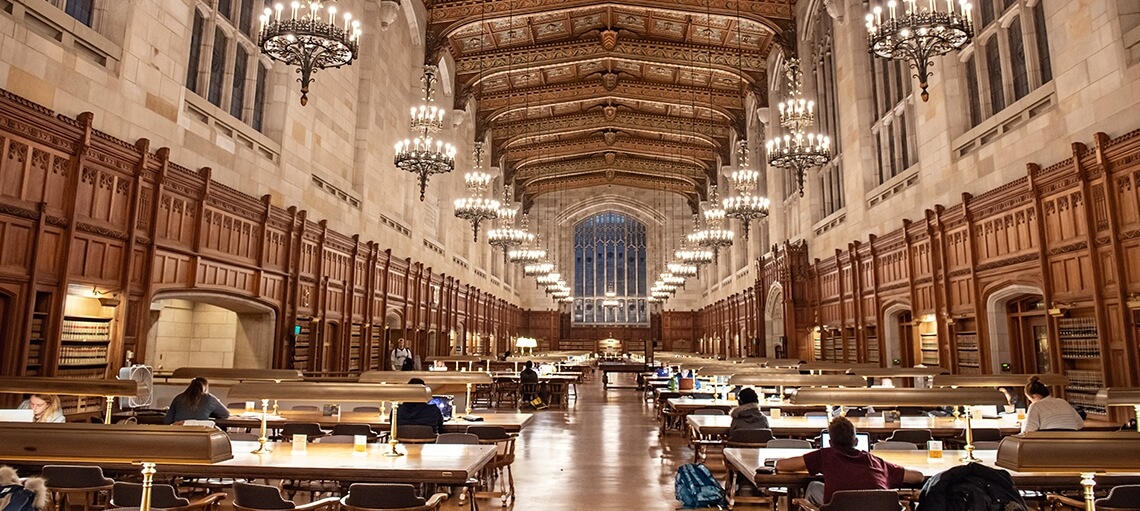The centenary of
Morales y Benet provides an opportunity to reflect on the inequalities women faced under Puerto Rican colonialism in the early 20th century, shaped by the legal imperialism of the United States over the archipelago. This article explores the holding in Morales y Benet v. La Junta Local de Inscripciones and its impact on women’s lives during the last 100 years.
The decision in
Morales y Benet came at a time when women in the mainland United States had already secured the right to vote, following decades of suffrage activism that culminated in the passage of the Nineteenth Amendment in 1920. However, Puerto Rico’s status as an unincorporated territory under U.S. sovereignty imposed a different legal framework on the island. The Supreme Court of Puerto Rico, drawing on the Insular Cases concluded that the Nineteenth Amendment did not apply to Puerto Rico, leaving women on the island without the same constitutional protections enjoyed by their counterparts in the mainland.
As we reflect on the centennial of Morales y Benet, it becomes essential to examine the ways in which colonialism facilitated the exclusion of Puerto Rican women from the democratic process. This case serves as a lens through which we can explore how the intersection of gender and colonial status denied basic rights to U.S. citizens residing in Puerto Rico. By analyzing the legal reasoning behind this decision, we gain a deeper understanding of the broader implications of U.S. colonial rule and its impact on the fight for women’s suffrage in Puerto Rico.

